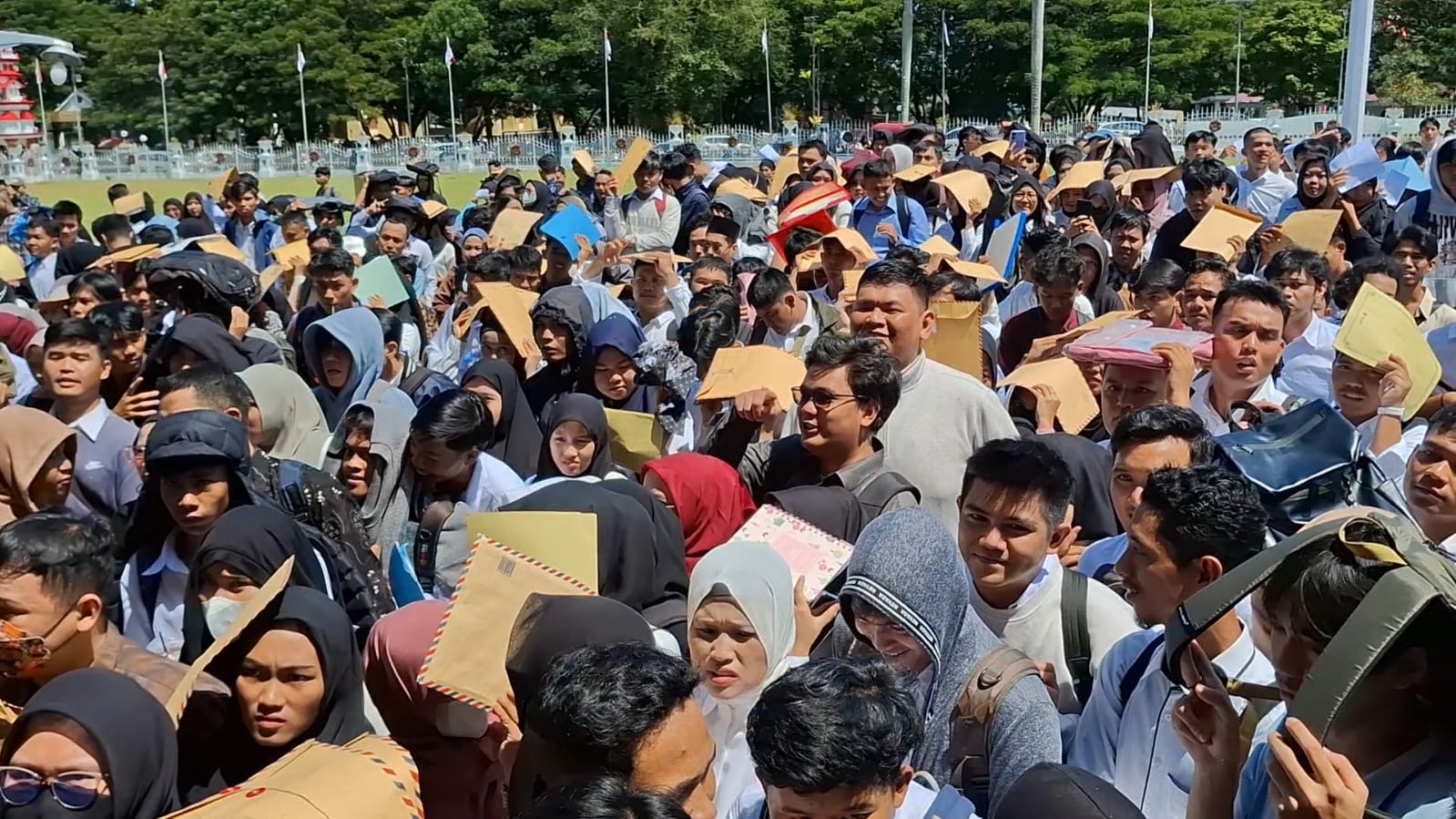Indonesia faces a pressing challenge in creating sufficient employment opportunities to absorb its growing workforce. According to the Indonesian Employers Association (Apindo), the country requires at least 3.5 million new jobs each year to meet labor market demands.
Bob Azam, Head of Employment at Apindo, emphasized that job creation should not solely depend on government initiatives but also requires strong participation from the private sector.
“Apindo does not hold data on job creation. Employment opportunities are not just the responsibility of the government but also the private sector,” said Bob, Monday (9/8/2025), as reported by Kontan.
Bob also addressed the wave of layoffs (PHK) that has hit several industries in recent months. He attributed these job cuts to weakening household consumption and rising taxes, including excise increases, which have put additional pressure on businesses.
He further warned that several industries dependent on imported products may face further layoffs in the near future.
Data from the Ministry of Manpower (Kemenaker) reveals that as of June 2025, active participants in the national social security program (BPJS Ketenagakerjaan) had declined to 39.35 million from 42.66 million in January. Meanwhile, layoffs from January to July 2025 affected 43,503 workers, with February seeing the highest number at 17,796.
Rising Unemployment Despite Digital Job Growth
While layoffs and high unemployment remain a concern, digital platforms are witnessing significant growth in job postings. At the same time, job search activity on online platforms has surged. OLX, one of the country’s leading digital marketplaces, reported that an average of 538,000 people per month relied on its platform to search for jobs in Q2 2025—a 26% increase compared to the first quarter.
“Job vacancies on our platform in Q2 2025 reached 50,000, meaning the ratio between job seekers and available jobs was about 10:1,” said OLX Indonesia Director Agung Iskandar on Sunday (9/8/2025), as quoted by Media Indonesia.
He noted that job postings grew by 15% compared to Q1, with Jabodetabek, West Java, and East Java offering the most vacancies. Administrative work attracted the highest number of applicants, followed by driver positions, marketing and sales, SPG/SPB, and freelance roles.
“Our platform helps bridge the gap by connecting job seekers and employers in an easy and accessible way,” Agung explained.
From Digital Platforms to Inclusive Employment Strategies
Agung added that OLX also supports those looking for household and service jobs. Highly demanded services include domestic helpers, construction workers, babysitters, electronic repair technicians, and internet installation providers.
One OLX user, Lisa, testified to the platform’s effectiveness: “I searched for a domestic helper through several agencies on OLX. Within 24 hours, I received multiple responses and quickly arranged interviews. The process was easy and simple,” she said.
Indonesia’s labor market stands at a crossroads. While the demand for 3.5 million jobs annually remains a challenge, the growth of digital job platforms signals new opportunities. Strengthening collaboration between government and private sector initiatives, while leveraging technology-driven solutions, could pave the way toward more sustainable and inclusive employment strategies.
Source: Kontan, Tribun, Media Indonesia
Photo Credit: (Putri/BETV)


